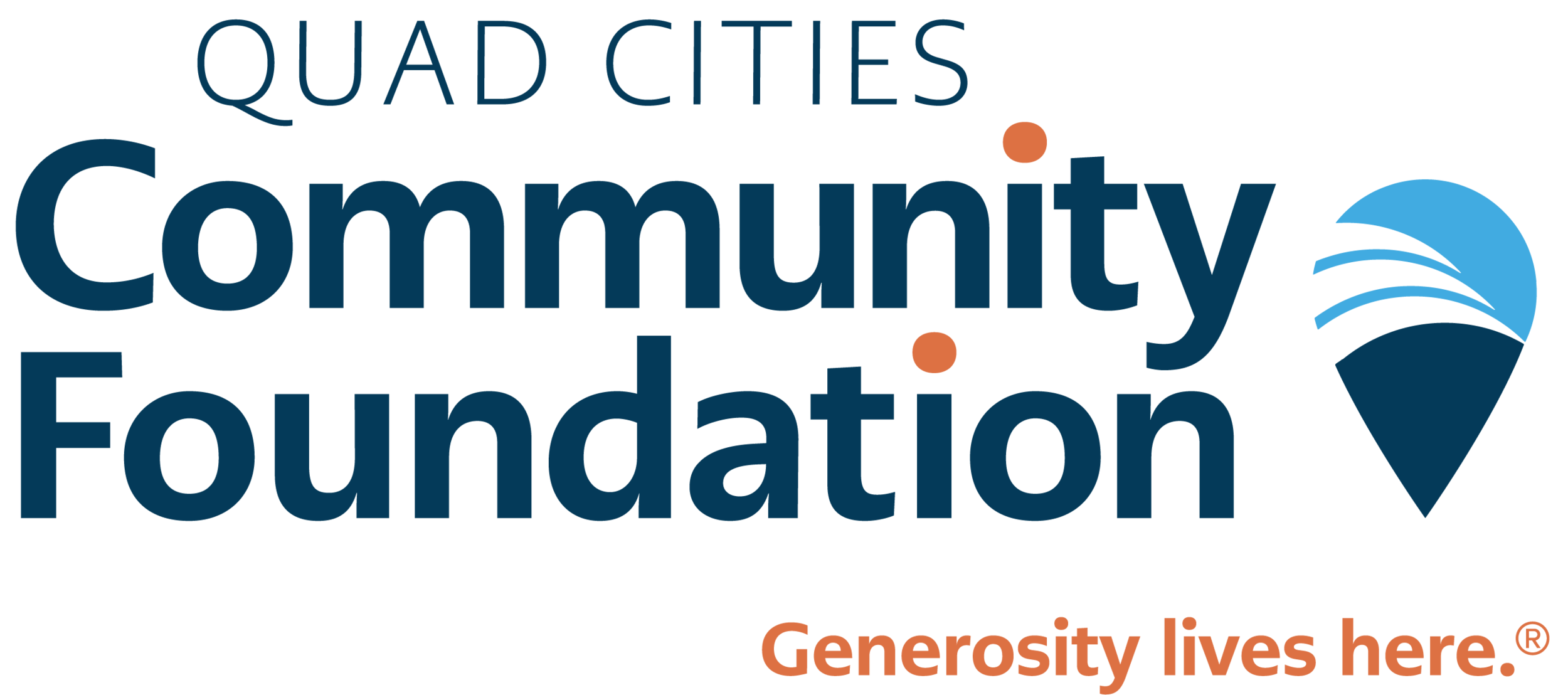Connection starts with a phone call
With the phone lines ringing nonstop, there was a time when Kathy Weiman, chief executive officer of Alternatives, which supports independence and quality of life for older adults, wondered how they would be able to help every person in need of their assistance. But the moment she walked into a COVID-19 vaccination site and saw the line of older Quad Citizens waiting to receive a shot thanks to her organization’s efforts, she knew the stress was worth it.
“They had been waiting a year to see their grandkids,” Weiman said. “This was a dream come true for them, and they were so grateful.”
As a result of what Weiman called true collaboration among volunteers, organizations, and the Quad Cities Community Foundation, Alternatives was able to provide resources to more than 4,400 older adults in the region.
With a grant from the Quad Cities Disaster Recovery Fund, Alternatives hired two staff members for a new call center dedicated to answering questions about COVID-19. The organization used the call center not only to provide information on the virus and local resources but also to create a database of older adults seeking vaccination.
“What we heard from callers was that it was so nice for them to just talk to someone about it—to get specific questions answered and to get their name on a list for the vaccine,” Weiman said. “There was no way to get a vaccine at that point without signing up online, and that process was too complex for some older people.”
Fortunately, volunteers like Mary Maland were there to help them navigate it. Seeing the difficulty her own neighbors were having, Maland sensed an opportunity to help others. “But as an individual, I didn’t know how to do that. So when Alternatives came up with this system, it was a win-win all around.”
Maland recalled the challenge of finding appointments early on. “We would have to get up at midnight to catch one,” she laughed. But as vaccination sites started to open in the region, the health department set aside slots each week for those in the Alternatives database. They started with the oldest people on the list, Weiman said, and signed them up at available locations. Alternatives also helped with transportation for anyone who needed it.
Ultimately, staff and volunteers made it all the way through the list of 4,432 names. The final ten individuals waiting for a vaccination were homebound, so Alternatives partnered with UnityPoint Health to visit their homes and administer the shots.
According to Maland, the success was the result of a true group effort. “The community came together,” she said. “People need people. This experience just shows how much we’re connected—and want to be connected.”
Weiman agreed, stressing that Alternatives simply could not have done the work it did without the help of so many partners.
“It was so fulfilling to start this and finish it all the way—we are so grateful,” she said. “There were a lot of hands in there. The Community Foundation was incredible in making it easy for us to do our work so we weren’t sitting around filling out a bunch of forms. They really let us put all these pieces together.”

